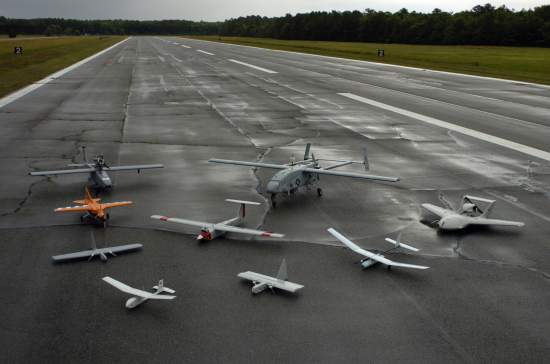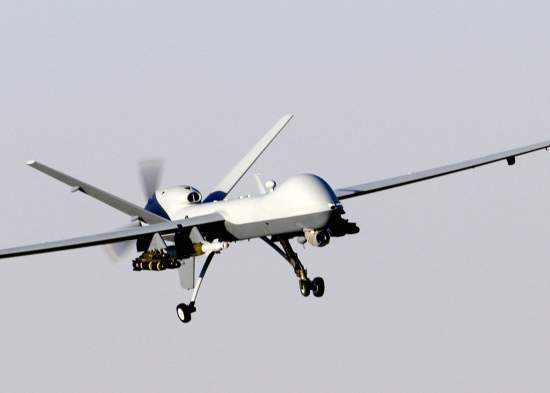
To us citizens of southeastern Massachusetts, drone strikes couldn’t be farther from our minds and who could really blame us? It’s rare that I see an article on CNN or USAToday or a piece on the nightly news talking about drones. Usually we only see these stories when they involve either a horrible tragedy for our soldiers or the civilians of the foreign nation we’re conducting the strikes in, or alternatively when we hit an important target.
However those who work on the UMass Drone Database, or the Center for the Study of Targeted Killing as it’s now known, see these stories every day. I myself worked on the project last year as my Federal Work Study job. Even now I can remember the numerous hours spent scanning news articles, some from sites I knew like CNN, but most were from obscure news sites I’d never heard of based overseas in the very countries these strikes were happening in. And I would do this, recording information, and later editing the entries written by my peers for attack after attack.
At first I remember being surprised at how many drone strikes were conducted in so many countries, but the more I really thought about it the more the surprise wore off. With this work, even when there were articles about civilians being hit, it was hard to be invested, simply because after a while it all becomes just numbers on a screen. Only now as I look back on my experience can I see how wrong that perception is.
According to their website, which if the subject piques your interest you can access here: http://www.targetedkilling.org/, the objective of the project is to, “document all cases of cross-border incidents including targeted killings, capture operations, and other forms of aggression committed by states against non-state actors that occur outside of armed conflicts.”

Since its creation the site has been the subject of several articles as well as books, and it has been cited by countless others. According to Avery Plaw, one of the UMass Dartmouth political science professors who founded and remains involved in the project, “I was just at Boston College giving a talk this past week and the hosts were saying that they really think the database is by far the strongest, because it’s the most comprehensive and rigorous than other data sources.”
And of course, if you bother to take a look at the site you’ll see that this is no lie. Not only does it provide a full numerical summary of all the data, but also a written summary of the event pulling information from news sources which are also listed. It’s very precise and I remember being instructed by Carlos Colon, a UMass Dartmouth undergraduate student and one of the key members of the project, about the intricacies of how to record data. Everything had to be just so, listing targets as suspected militants, civilians, or unknown depending on what the news article said.
The use of drones is one of the most important policy issues facing our nation today, and though we are far from where these tools are being used there is interesting work being done at UMass Dartmouth involving them. I know my views today have been formed as a result of my work with the database, and I think that all the founders of the site deserve credit for bringing light to an area most people would like to forget about and leave alone.
 New Bedford Guide Your Guide to New Bedford and South Coast, MA
New Bedford Guide Your Guide to New Bedford and South Coast, MA









